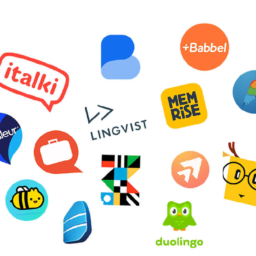HR Ressources Language Courses Recent Blogs
April 6, 2022
Why are language skills critical for career advancement?
Today, anyone interested in pursuing a career does not require professional expertise. In recent years, soft skills such as general communication abilities, networking, cultural awareness, and presentation abilities have become increasingly important. Additionally, there are core competencies such as digital competencies. In today’s globalized economy, a willingness to pursue an international career is also desirable, and companies encourage participation in appropriate additional training programs such as company language courses. Consider the following advantages that foreign language skills provide employees and businesses:


 Emotional distance for more rational decision-making
Emotional distance for more rational decision-making













